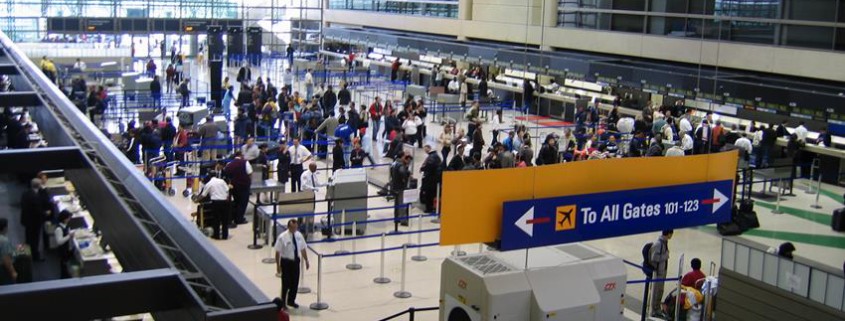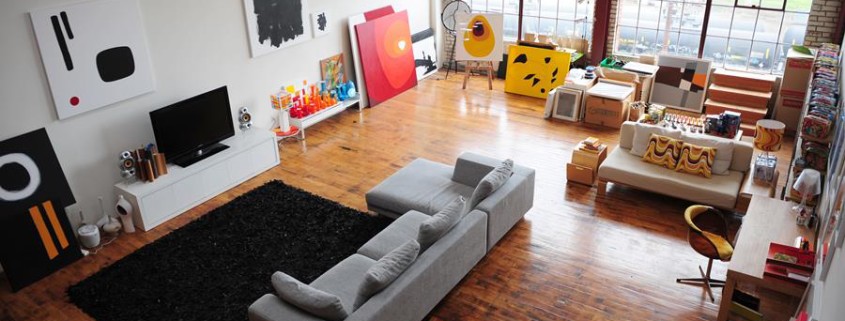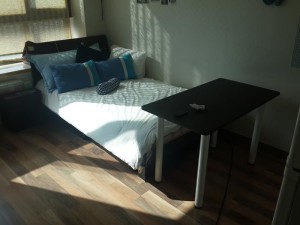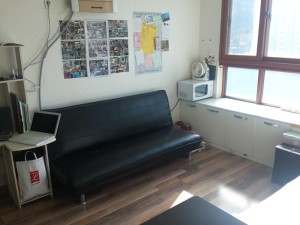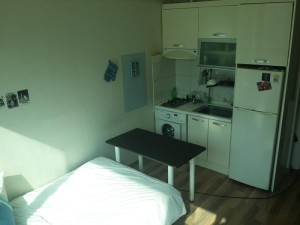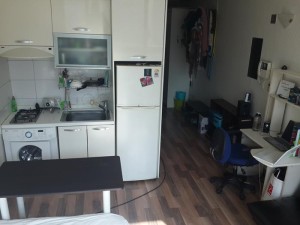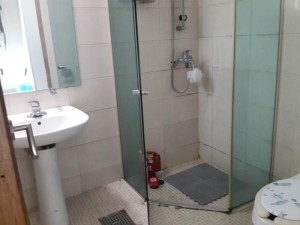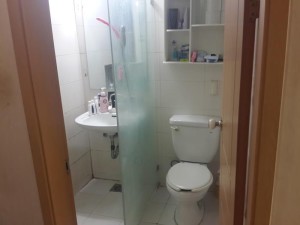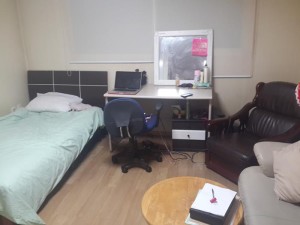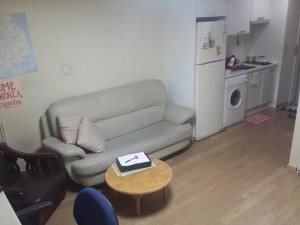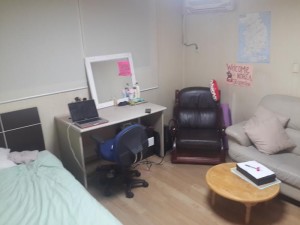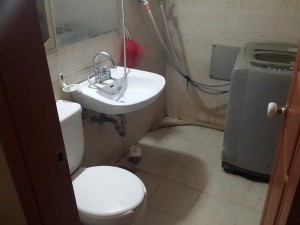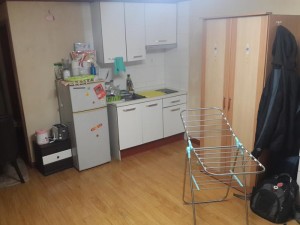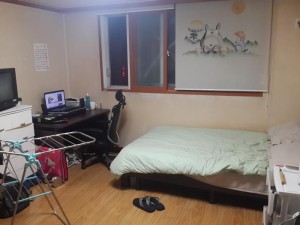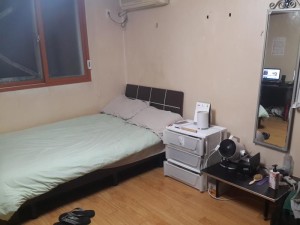10 Apps You Don’t Want To Miss in Korea!
When you arrive in Korea, you will quickly realize the value of having a smart phone. It will help you stay in touch with friends and document your daily adventures (selfies heeey!), it will help you navigate your way around the country and look up info about local restaurants. Here are 10 apps you don’t want to miss while you’re teaching English in South Korea!
 1. Subway Map for iPhone + Android
1. Subway Map for iPhone + Android
Not sure how to reach your destination? This app provides you with the latest subway maps for Seoul, Busan, Daegu, Daejeon, and Gwangju.
2. Gyeonggi-do Bus Map for Android
Access real-time bus route information in the Gyeonggi, Seoul and Incheon areas. Search for the the closet bus-stops, look up specific bus routes, or map your own trip. The times of arrival are pretty accurate, too !
 3. Visit Korea for iPhone + Android
3. Visit Korea for iPhone + Android
What better way to see the country than to listen to those who know? This app offers you the opportunity to really experience Korea.
 4. Naver Maps for iPhone + Android
4. Naver Maps for iPhone + Android
For those who don’t already know, Naver is to Korea what Google is to North America. Naver Maps is like Google Maps. No wi-fi or data where you’re going? No problem! You can download the map beforehand.
 5. Hidden Camera for Android
5. Hidden Camera for Android
You’ll quickly notice the shutter sound your phone makes whenever you take a picture. Annoying, right? Oddly enough, that sound cannot be switched off. Good news – this app will allow you to snap a pic of your best friend sleeping on the shoulder of an ajumma on the subway… and your phone won’t make a peep!
 6. Skype for iPhone + Android
6. Skype for iPhone + Android
Seriously, how did the world ever function before Skype?
 7. Google Translate for iPhone + Android
7. Google Translate for iPhone + Android
This app is MAGIC. You can speak into it, type a word, or take a picture of something… and boom = translation.
 8. Kayak for iPhone + Android
8. Kayak for iPhone + Android
When you’re booking flights for epic vacations during your time off, this app will come in handy. Kayak helps you search flights from a handful of airlines to get the best deals!
 9. CGV for Android
9. CGV for Android
Movie times at your local theater! This app is currently in Korean only, so ask someone to help you out. If it’s not an English movie, make sure there are English subtitles! You don’t want to be end up watching a Spanish movie with Korean subtitles when you are a monolingual English speaker… and yes, those movies exist in Korea. You’ve been warned.
 10. KakaoTalk for iPhone + Android
10. KakaoTalk for iPhone + Android
Korea’s most popular texting and group-texting app. You can add friends from all around the world (up to five friends per chat at once) — for free!
So there you have it – a quick guide to getting the best smart phone apps in Korea. If you are moving soon and are wondering about getting a phone, the team at The Arrival Store can help get you set up!
Want to learn more about communication in Korea? CLICK HERE!



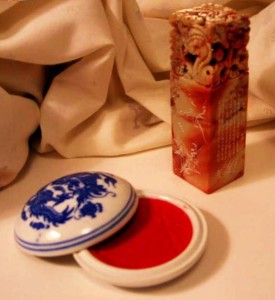




 1. You’re going to Korea? No way! My cousin’s friend’s uncle’s niece is also teaching there. What a small world.
1. You’re going to Korea? No way! My cousin’s friend’s uncle’s niece is also teaching there. What a small world.


